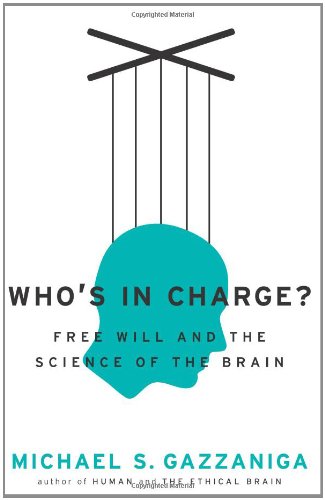When Free Will Becomes Bad

Free will can be defined as the power of acting without constraint or fate. It can also be defined as the ability to act at one’s own discretion. Free will is voluntary meaning that you can choose to use it or not.
Luckily for us, free will is also free. In fact, it is considered as one of the greatest gifts to mankind by his creator.
And that’s where the problem starts.
Which brings us to this question I’m asking today: can the usage of free will ever be completely justified? In other words, when does the use of free will become bad? Can there ever be a right (or wrong) application of free will?
The question above might seem harmless but it has been raised up a lot of discuss among some of my folks as we tried to see if there is any way we can completely justify a situation without falling into the category of saying that something is completely wrong or not or that someone acted rightly or wrongly in a particular situation.
Let me give you the scenario that brought us to this point.
Scenario 1
Let’s say I have a mother, or father, or a relation who wants me to attend the same church like them or marry someone they want me to get married to. I don’t want to do so. I use my free will to decide not to. They get so hurt. They lose their trust and hope in me.
But it doesn’t bother me at all because they can all go to hell as far as I care. I’ve got my life to lead. They’ve got theirs. No one should live my life for me. Case closed.
Scenario 2
Let’s say I have a friend who has got a girlfriend. I like his girlfriend and she likes me too. We know this because it’s our secret. One day we had sex. We just can’t help it. It was completely mutual. Of course, we both wanted it. We were using our free will.
But…
My friend finds out. He loses his trust and hope in both of us. He feels so hurt and betrayed. He doesn’t want to do anything with me again in his life. That starts bothering me.
Now you see my point?
The same application of free will. Someone gets hurt in the end. But different reactions to the same application of free will.
Why can’t I just justify my friends situation by simply dismissing his actions and reaction with that ‘case closed’ mentality? Why can’t I just convince myself that my friend should understand that the damage is done and he should just deal with it, besides the fact that his girlfriend and I were acting upon our free will?
What makes it so wrong that the usage of one’s free will which has an overbearing effect on another person’s life can be justified in certain situations but cannot be justified in another situation?
So when does free will become bad?
1. Free will becomes bad when it has an overbearing effect on others.
This is obvious because whatever you do in this life might affect another person. Do we now take into consideration the type of effect it has on this person? Should we always consider another person’s opinion or interest in whatever we do? Do we strive to please this person or persons at all time?
2. Free will becomes bad when it has an overbearing effect on us
Since it can be argued that we are in fact, responsible for everything we do in this life, can it then be said that we should only be strictly concerned with what pleases or bothers us only? Does it sound as just being outright selfish if we are only contended with the causes and effects of the issue/s at hand as it concerns or relates only us?
These two questions now leads me to making the following assumptions and in attempt to resolve the issue of whether free will can ever be completely justified.
So how do we seek a balance?
To get that balance, I'm of the opinion that we have to consider the following situations:
How beneficial is the situation to you?
This comes into play because people are intrinsically selfish in nature. We think self first. We are primarily concerned with self first. So invariably, we are bound to make certain decisions based on how it affects us first.
How much will my actions affect others?
Like we’ve earlier stated, our actions often have great effect on others. So how much will my action affect others? How serious are they going to be hurt? Can they be able to cope or deal with the resultant effects of my actions?
What's my personality?
What type of person am I? Do I have any conscience at all? How will I feel if what I’m doing to another person is done to me?
What are my intentions and End goals?
What is the intention of the person carrying out the act? What is the intention of those at the receiving end? Then what are the end goals? Are we looking at a case of good intention resulting in terrible end goals? Or does the end really justify the means?
Common sense
What does common sense dictate I should do at the moment? Will I solely be concerned with the greater good like justifying that killing in self defense or that killing a terrorist to save a greater number of people even though killing is bad?
Ideally and rationally speaking, common sense dictates or presupposes that everyone should know what is right or wrong but in reality, do they?
Now you will agree with me that each of these possibilities I have brought up in an attempt to seek a balance will not lead us anywhere nearer to the answer we are seeking.
So I think I will just leave it there and do what my friends did in an attempt to resolve the question and stop us from running round in circles when they finally told me, “It depends.”
Well I think they are right but on the other hand, I also see that acceptance of that answer as an unanimous acceptance that free will can never be completely justified which brings me to the final question: if you were God, will you give man the gift of free will?
Now, let's hear you. Tell me what you think.











